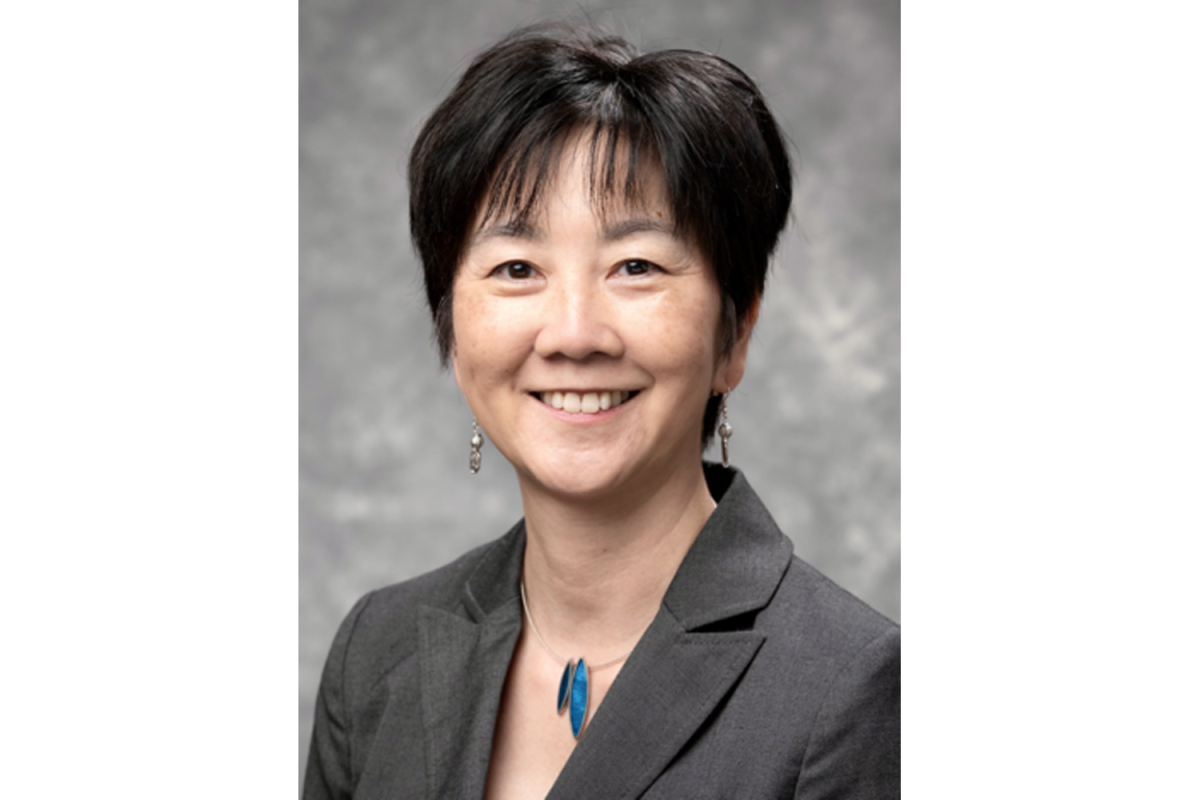Despite controversy at a Canadian university that led to the closing of its Confucius Institute, officials at the University of Iowa say they have taken measures to prevent the same occurrence.
Confucius Institutes, which can be found in several countries around the world, are organizations designed to help create stronger ties between China and the community the institute is located in. These institutes are meant to educate communities about Chinese culture and language.
Hanban, the agency of the Chinese government that manages Confucius Institutes, will not hire employees who are associated with Falun Gong, a spiritual movement in China that the government considers to be dangerous.
This policy is against UI hiring processes because it discriminates against religious affiliation, and this has led to problems at other universities. The UI’s contract with Hanban states that the UI will hire all employees internally and Hanban cannot interfere with hiring practices.
“We follow our standard hiring policies, which do include nondiscrimination,” said Downing Thomas, the UI associate provost for the International Programs.
Andrea Farquhar, the assistant vice president of public and foreign relations at McMaster University in Ontario, said that school’s contract with Hanban did not have the same stipulations.
Teachers signed contracts in China before coming to McMaster to teach classes at that Confucius Institute.
Concerns arose when one teacher sought refugee status in Canada and then filed a complaint with the Ontario Human Rights Commission stating she had to hide her affiliation with Falun Gong.
Farquhar said university officials sought to find away to get around these discriminatory hiring practices but when they determined no solution was possible, they decided to close their institute.
“That sort of hiring is not consistent with the kind of practices we support here,” she said.
Other schools in the U.S. have decided not to host Confucius Institutes out of fear that the Chinese government would seek to influence the campus. The fear is that they will limit academic freedom by prohibiting certain topics of discussion on campuses with Confucius Institutes, such as controversies over the Dalai Lama.
“As far as my experience with it, it would be a fear that’s not well-grounded,” said Erin Mullins, the program coordinator for the Confucius Institute at the UI.
Xi Ma, the curriculum coordinator for the institute, said she has never been told that she could not bring up certain topics in curriculum when planning for classes.
“I think I enjoy the freedom of determining my curriculum,” she said. “It’s all based on the needs of the students.”
UI Institute Director Chuanren Ke said while he has heard about the situation at McMaster University in Ontario, Canada, he is not concerned about a similar situation taking place here.
Ke said the two full-time employees the institute currently has are very knowledgeable in Chinese and American culture and are best able to help students learn about Chinese culture and language. He said religious affiliation did not affect his hiring decisions.
“I really cannot think of any event in which Hanban interfered with me and my business here,” he said.
Thomas said the goal of the institute is to share Chinese culture and language with the local community and build ties between the United States and China.
“Iowans can benefit as the world is increasingly globalized,” he said. “Having the Confucius Institute is a real benefit that connects the state of Iowa with China and the U.S. with China at a time where these connections have never been more important.”






